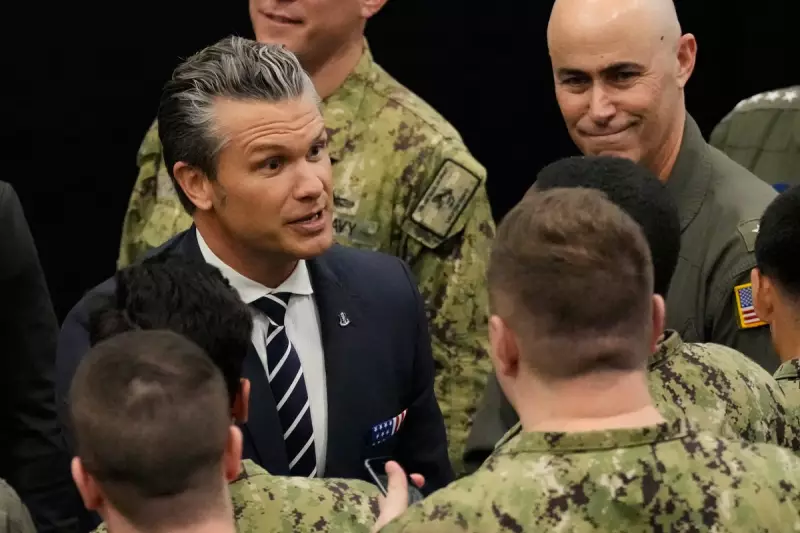
In a historic move that signals a dramatic cultural shift within one of Asia's most disciplined armed forces, South Korea has officially lifted its 120-year prohibition on military personnel growing beards. This sweeping reform, announced by the country's Defence Ministry, represents the most significant change to military appearance regulations in decades.
A New Era of Military Grooming Standards
The policy reversal, which took effect immediately, permits all servicemen to maintain facial hair provided it remains "neat and tidy." This landmark decision follows years of debate and reflects South Korea's ongoing efforts to modernise its military culture and improve conditions for its conscripted soldiers.
Historical Context and Modernisation Drive
The beard ban had been a cornerstone of South Korean military tradition since the force's establishment in the late 19th century. Defence Ministry officials described the abolition as part of broader initiatives to "create a more advanced military culture" and enhance the quality of life for serving personnel.
This reform aligns with President Yoon Suk Yeol's administration's push to update longstanding military protocols. The changes come amid ongoing efforts to make military service more adaptable to contemporary standards while maintaining discipline and operational effectiveness.
International Military Comparisons
While many Western militaries, including British and American forces, have long permitted regulated facial hair, most Asian militaries maintained strict bans. South Korea's policy shift places it at the forefront of military modernisation in the region, potentially influencing neighbouring countries to reconsider their own grooming standards.
Soldier Reactions and Implementation
Early responses from active-duty personnel suggest widespread approval of the new policy. Many soldiers have expressed appreciation for the increased personal autonomy, viewing it as recognition of their individual rights within the military structure.
The Defence Ministry has issued comprehensive guidelines to ensure the new freedom doesn't compromise military professionalism or operational safety. Commanders will retain authority to require shaving if facial hair interferes with protective equipment or military duties.
Broader Implications for Military Culture
This reform represents more than just a change in appearance standards—it signals a fundamental shift in how South Korea's military views the balance between discipline and personal expression. Defence analysts suggest this could pave the way for further modernisations in military protocols and personnel management.
As South Korean soldiers embrace their new grooming freedoms, the world watches to see how this cultural transformation will influence military traditions across Asia and beyond.





